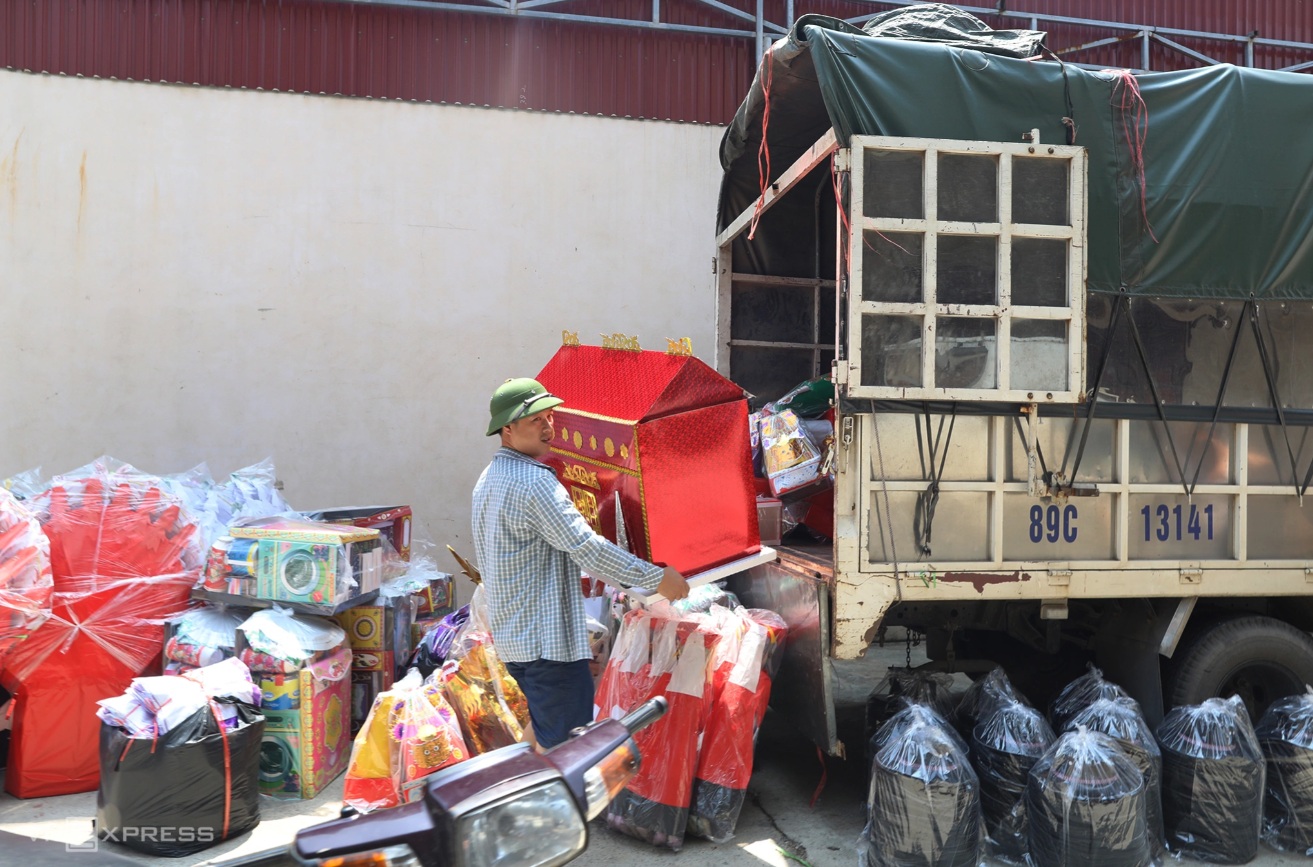However, cultural expert Pham Dinh Hai from the Vietnam Union of Friendship Organizations, suggests that many of these beliefs stem from misunderstandings and should be viewed scientifically.
"This period encompasses three major observances: the Taoist Ghost Festival, the Buddhist Ullambana Festival, and the folk custom of Wandering Souls Day, not a month of bad luck," Hai said.
According to Hai, the Ghost Festival falls on the 15th day of the 7th lunar month, based on the Taoist belief that the King of Hell grants amnesty to souls to visit their descendants. The Buddhist Ullambana Festival originates from the story of Maudgalyayana rescuing his mother, a tale symbolizing filial piety. Wandering Souls Day marks the midpoint of the year, a time to express gratitude to heaven, earth, deities, and ancestors.
Hai explains that many taboos associated with this month arose from practical responses to weather and harvest seasons, not from the "wandering souls" concept as commonly misunderstood.
If any precautions are necessary, Hai recommends the following:
Avoid drying clothes outdoors at night.
Eastern wisdom outlines the cycle of "spring birth, summer growth, autumn harvest, winter storage." The 7th lunar month begins autumn, the "harvest" phase, a time for conserving energy after summer's peak. Coinciding with the rainy season, ancient practices of preservation and risk avoidance gradually evolved into taboos. The custom of not drying clothes at night originated in the 5th-6th centuries, based on the observation that night air and dew cause mildew and skin ailments.
Refrain from excessive joss paper burning.
Folklore suggests burning joss paper commemorates the deceased. However, Hai believes this lacks scientific basis, contributes to pollution, and is wasteful. Alternatives include offering incense, fresh flowers, or performing charitable acts.
Limit extravagant celebrations on the full moon.
The full moon of the 7th lunar month is a time for remembrance and family gatherings. Lavish celebrations may detract from the Ullambana Festival's meaning.
 |
Joss paper transported to the market for the 7th lunar month. Photo: Ngoc Thanh |
Unnecessary taboos:
Building houses and weddings:
Many believe the 7th lunar month is unsuitable for construction or marriage. Hai asserts this lacks cultural or feng shui grounding. The belief originated from practical concerns about the rainy season disrupting these activities. With proper planning and auspicious timing, these events can proceed smoothly.
Signing contracts and grand openings:
No scientific evidence suggests the 7th lunar month poses risks to business dealings. Choosing favorable dates and times, along with ensuring legal and market conditions, is crucial.
Traveling at night:
The advice against nighttime travel during this month primarily stems from traffic and safety concerns, not spiritual factors. This is sound advice year-round.
Rather than viewing the 7th lunar month as a time of restrictions, Hai suggests it's an opportunity to reflect on filial piety and family bonds. The Ullambana Festival and Maudgalyayana's story convey messages of compassion, gratitude, and sharing.
Cultural researchers believe that understanding and observing the 7th lunar month's rituals simply and practically helps preserve cultural heritage while avoiding unnecessary expenses and pressures from superstition.
"Rituals should be performed with sincerity, truly remembering, mourning, and praying for the peace and liberation of souls," Hai said.
Thus, the 7th lunar month transforms from a time of taboos into a meaningful period for family connection and spreading kindness.
Nhat Minh












